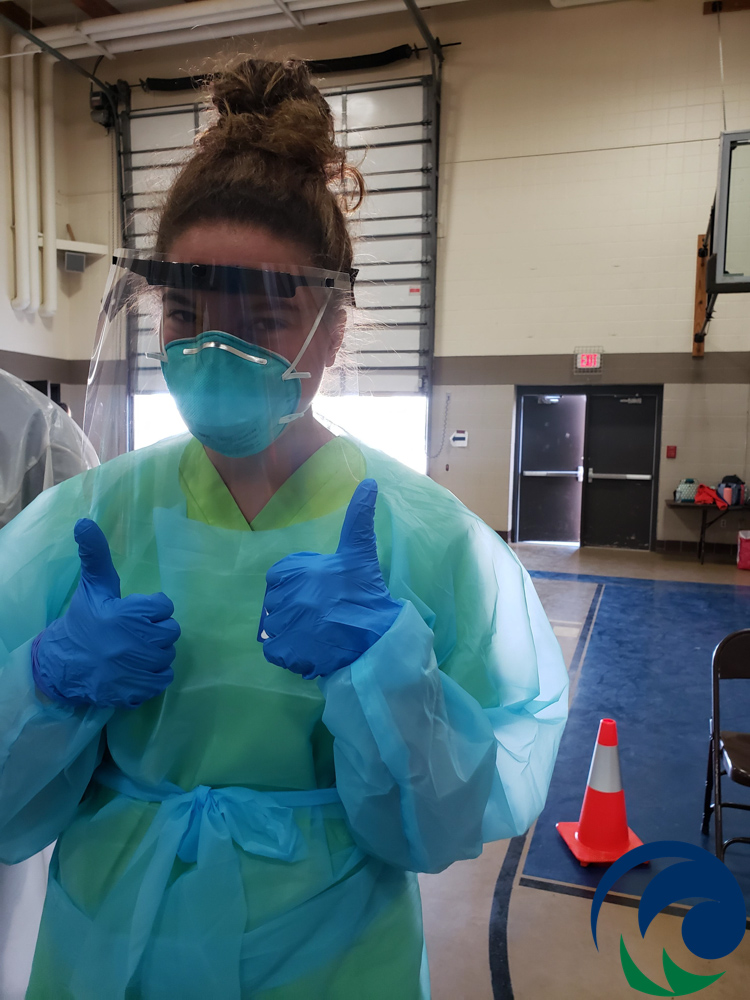Etymology of “charlatan”… On Medicine and Dr. Knock

However it might be varnished by imagination or sophistry, the Covid pandemic is one of the most extraordinary phenomena of our times – but it is also the culmination of a mode of thought gradually developed through a long historical gestation. For what originally was (and still is), the natural and necessary need for assistance by him who is sick or in pain, has evolved into assigning to the ‘other’ the responsibility (and the knowledge) of what constitutes our personal physical well-being and health.
Even in antiquity there were voices saying for example that “a man after thirty must be the physician of himself.” Others (few) expressed similar skeptical ideas throughout the centuries, especially when the purported benefits of the then current medicine clashed with frequent contrary evidence.
Typical is the advice given by Timon of Athens to two robbers who visited him in the forest, believing that Timon was still rich, though he lost his fortune through mismanagement. After converting them to leading a better life than robbing, Timon warns them, “Trust not the physician, for his antidotes are poison, and he slays more than you rob.”
Before continuing I should make it clear that I have the greatest respect for medicine – especially for those latter-day Michelangelos who literally save the lives of humans by reconstructing their bodies after being involved, for example, in traumas and accidents.
Here I will touch but the surface of the history of medicine and of language. Both being subject, at times, to curious, amusing and unexpected mutual influences and derivations.
For example, the word ‘charlatan’ is a compound word of medieval Florentine-language origin, and its original association with medicine may surprise a few.
One part of the etymology is ‘ciarla’ or ‘ciarlare’. A 16th century linguistic historian states, “The word ‘ciarla’ and the verb ‘ciarlare’ are applied to those who speak only because they have a tongue, while having nothing else to do but talking. And because they cannot do anything else, what they say is nonsense, as they don’t know what they are talking about.”
The other etymological contributor is ‘Cerreto’, the name of a medieval fortified town close to Spoleto, in the Italian region of Umbria. ‘Ciarlatano’ then derives from the lexical admixture of ‘ciarla’=nonsense and ‘Cerretano’, that is an inhabitant of Cerreto.
For it came to pass that in the 14th century some Cerreto citizens were granted fund-raising right for the benefit of certain hospitals of the “Order of St. Antony.” This is documented in the Statutes of Cerreto for the year 1380…
Jimmie Moglia

Abstract from: http://thesaker.is/on-medicine-and-dr-knock/



